Adopting a child can come with its own unique set of challenges. Sometimes even more so if you already have one or more biological children in the family before beginning the process.
What was meant to be a joyful journey turned into pain and sadness for one guy when his parents adopted two kids that they’d been fostering. He says instead of still receiving the love and attention he was used to, his life changed forever at the age of 9. All because his parents treated his adopted siblings better than him. Almost two decades later, he’s still struggling to come to terms with the situation.
This guy had a tough childhood after his parents adopted two younger kids who they treated better than him

Image credits: Prostock-studio/Envato (not the actual photo)
As an adult, he’s decided to distance himself from the entire family, but they’re accusing him of holding grudges
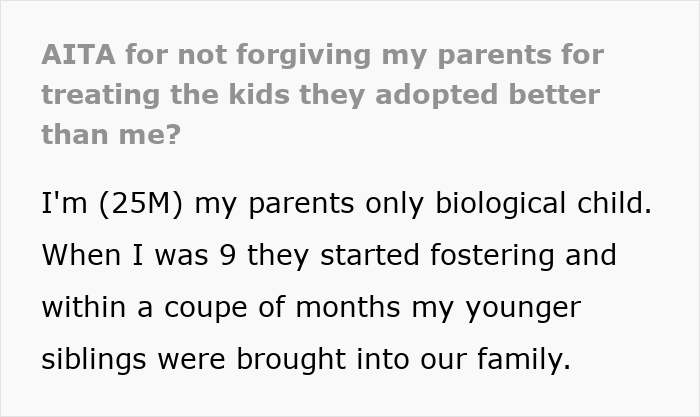
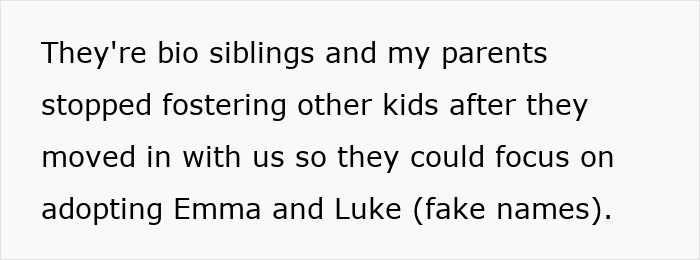
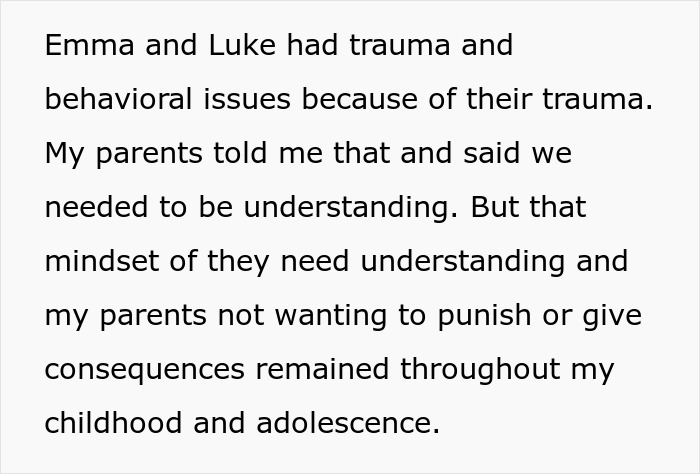
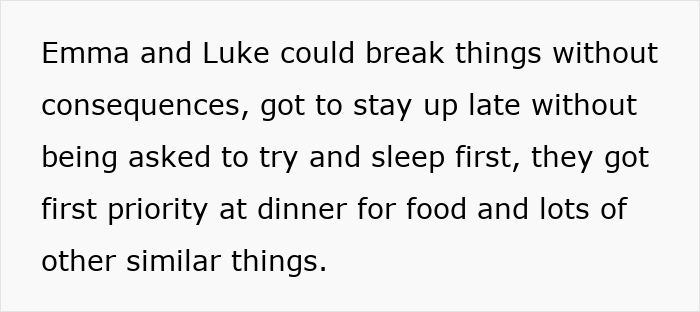
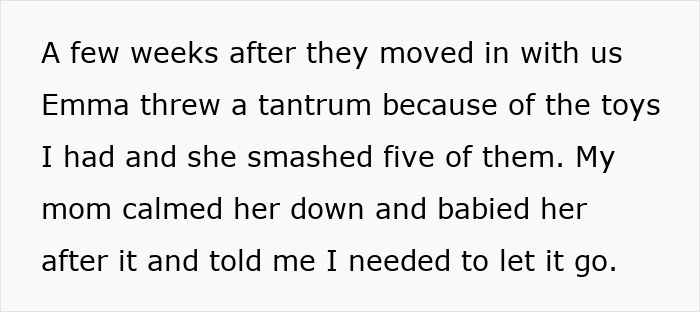

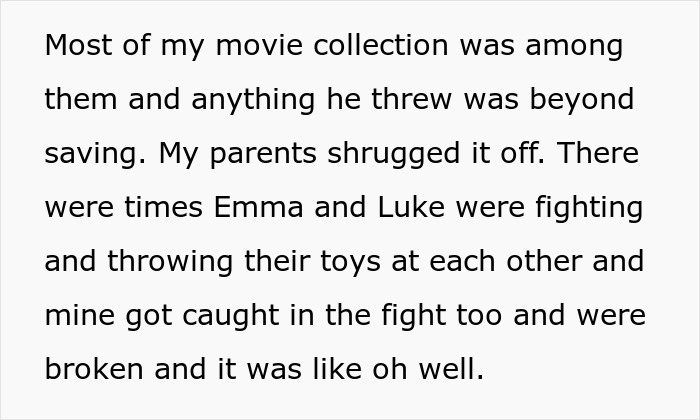
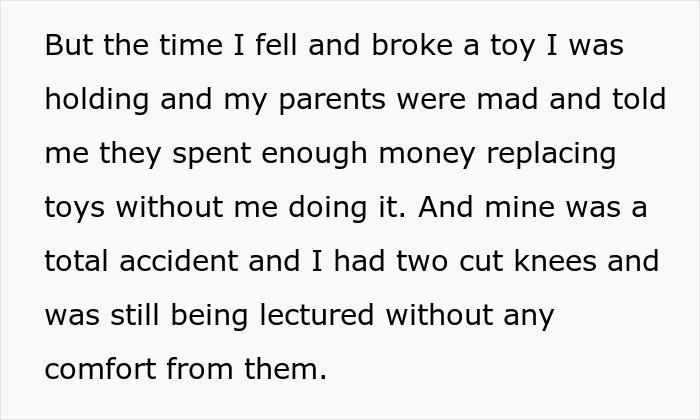

Image credits: YuriArcursPeopleimages/Envato (not the actual photo)
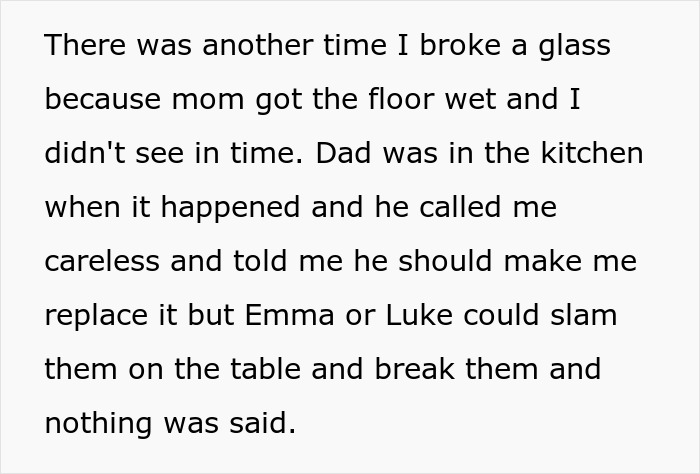

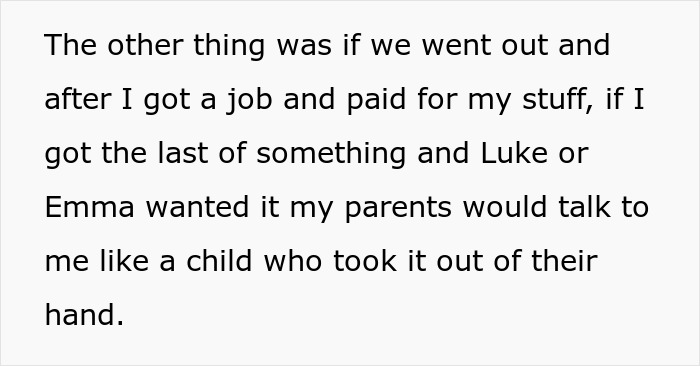


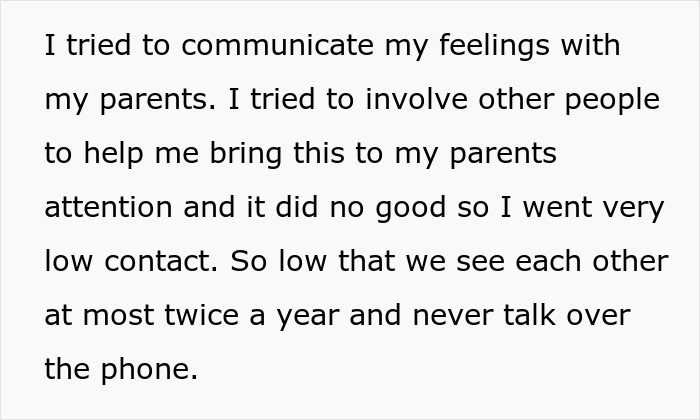
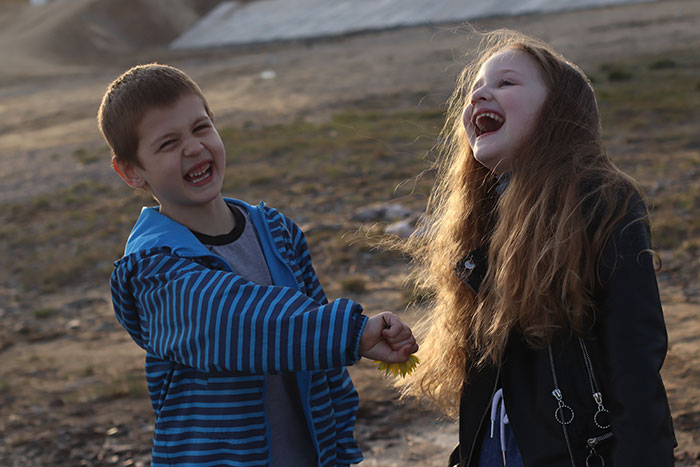
Image credits: Oksana_maur/Envato (not the actual photo)
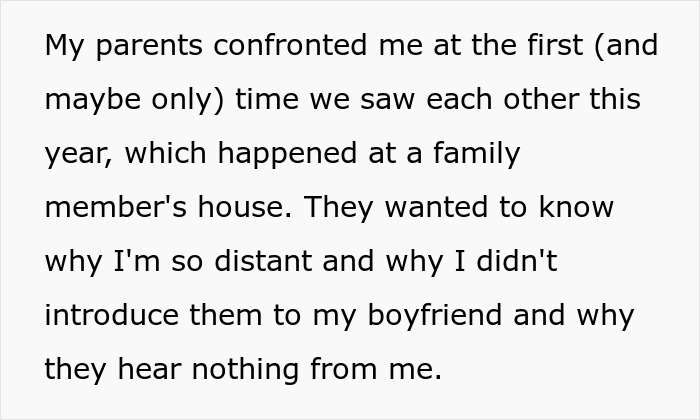

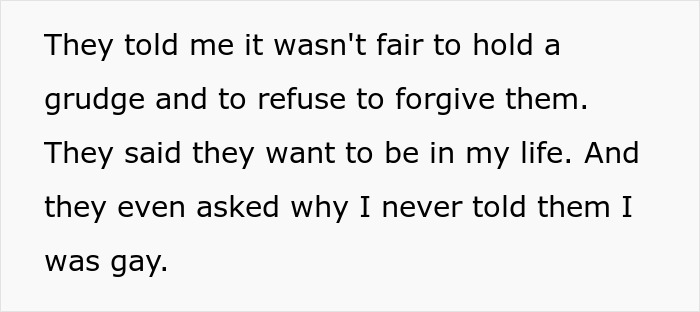
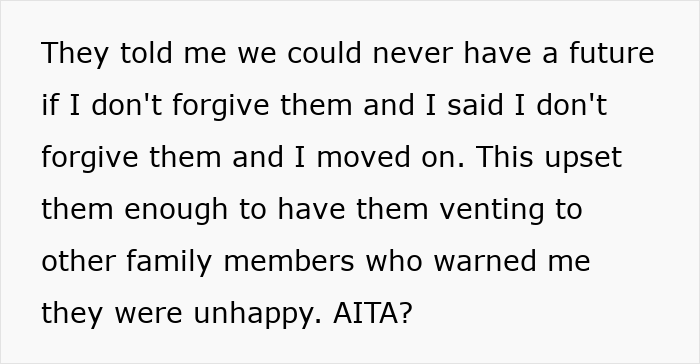
Image credits: TippyTopsBear
Adoption tips for when you already have a biological child
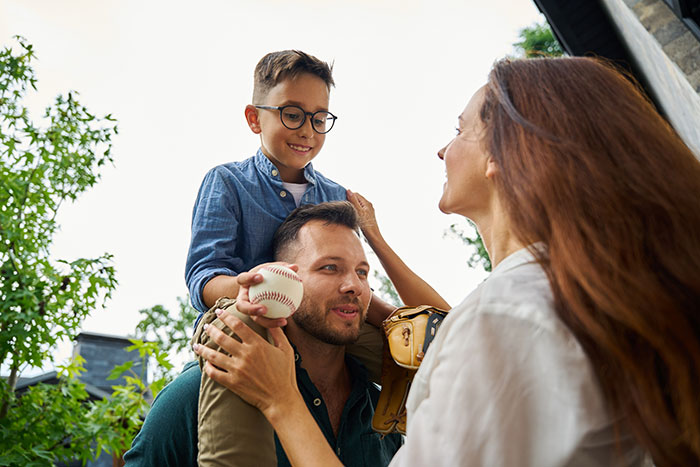
Image credits: Iakobchuk/Envato (not the actual photo)
There’s no telling what will happen when you add an adopted child to your family. And if you already have one or more biological children, things could get complicated. But experts say there are ways to make the transition a bit easier for all.
Communication is key. In particular, the language you use when talking to your biological child about the process and their future sibling.
“When explaining the adoption process to your child, clear and sensitive language is essential,” say the family experts over at UK-based Bright Horizons. “The way you communicate will vary depending on your child’s age, but it’s never too early to start the conversation. As both your biological and adopted children grow, their understanding of adoption will deepen.”
One thing you should avoid saying is that he/she was “given up.” “His/her birth mother placed her for adoption” is a far better way to phrase it. “This approach fosters a positive perception of adoption and respects the feelings of everyone involved,” explains the Bright Horizons site.
Your biological child could very well feel jealous during the adoption process. This is normal, say the experts, adding that you should not punish them for it. Instead, acknowledge and address their feelings.
It’s also super important to make your biological child feel included throughout the journey.
“One way to involve your biological child is by taking them shopping for items for their new sibling,” suggest the experts. “This can help them feel like an important part of the preparations and make bonding with the idea of a new family member easier.” They could also help to decorate their new sibling’s room.
“Consider checking in regularly with your child throughout the adoption process, giving them space to express their feelings and concerns,” advises Bright Horizons. If they know that their place in the family stays the same, they can move forward with less anxiety about their new role as a sibling.
Encourage your child to ask questions. And always try to answer your child as openly and honestly as possible when they inquire about the process. “This helps ensure that nothing feels secretive or off-limits, creating a sense of trust and openness,” notes the site.
It’s also an opportunity to address any fears or misconceptions while reinforcing the positive aspects of the adoption journey.
What if the adopted child has special needs?
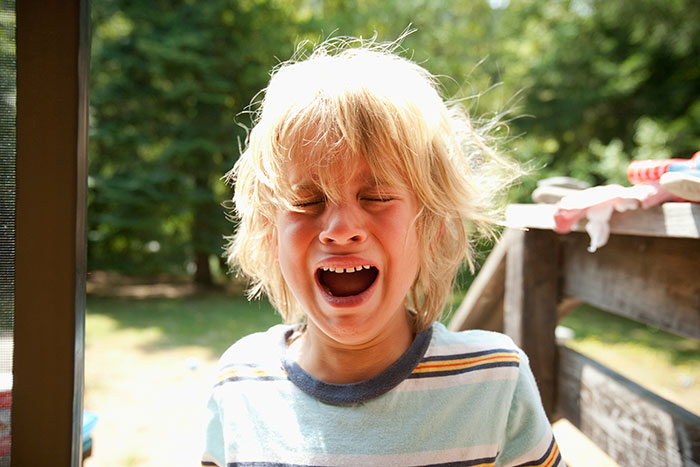
Image credits: Image-Source/Envato (not the actual photo)
“Each child is unique, and an adopted child may have different emotional or developmental needs than your biological child,” warn the family experts.
Again, communication is key. You can explain to your child that their sibling might need extra attention at first, but this doesn’t mean they’re less loved or valued.
No matter how hard you try, you may face an uphill battle getting your biological child to adjust. In this case, it could be time to call in the professionals.
“If your child struggles to accept the adoption or has difficulty adjusting to their new sibling, consider seeking support from a family therapist or adoption counsellor,” advises Bright Horizons. “A professional can help children work through complex feelings and give parents tools for supporting both siblings effectively.”
Some netizens had questions for the guy, and he provided a lot more info in the comments

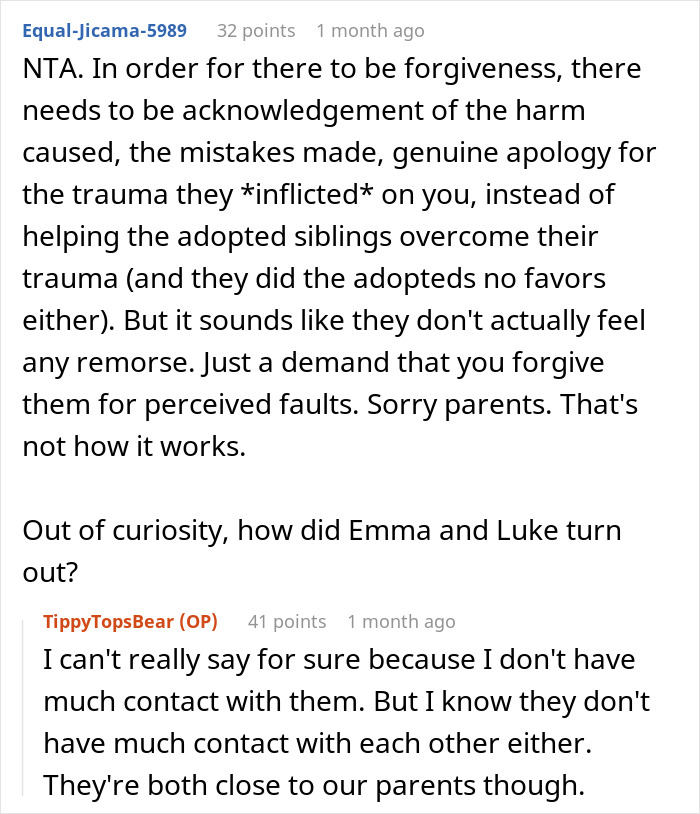
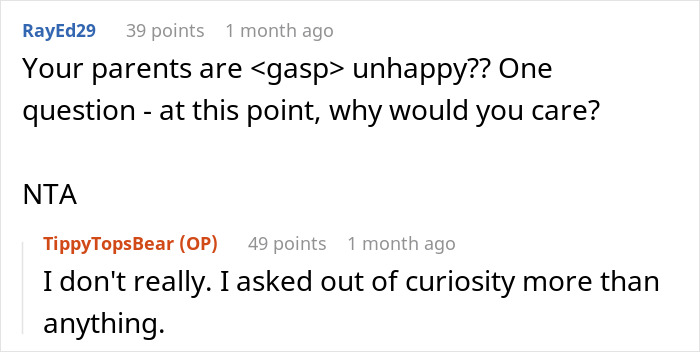

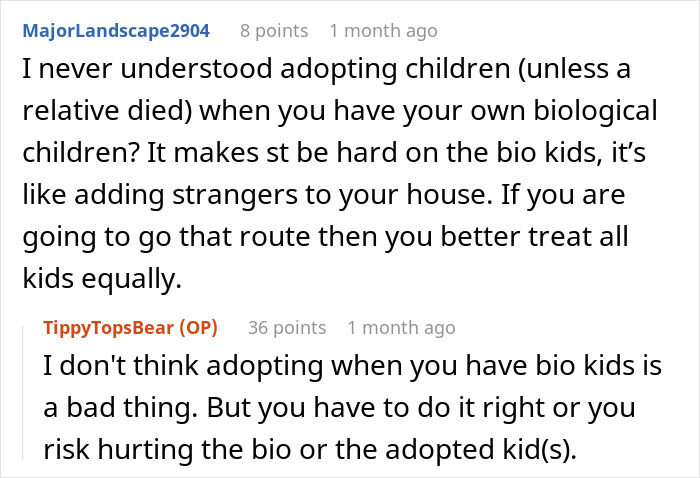
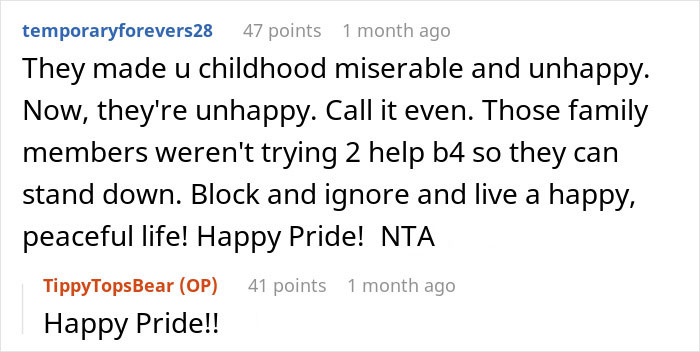
Many felt that the man was justified and offered their words of support

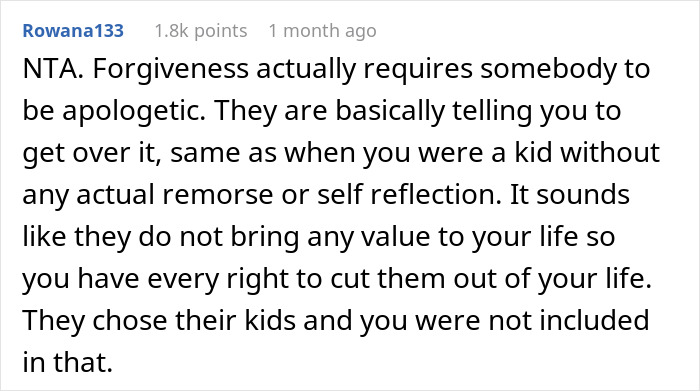




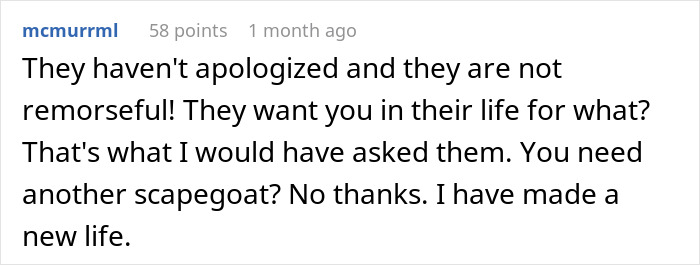





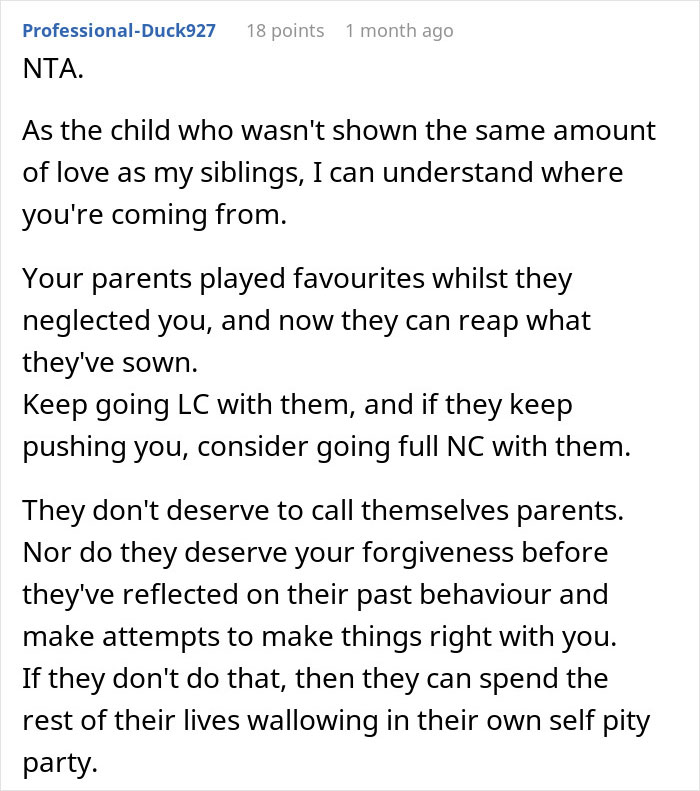
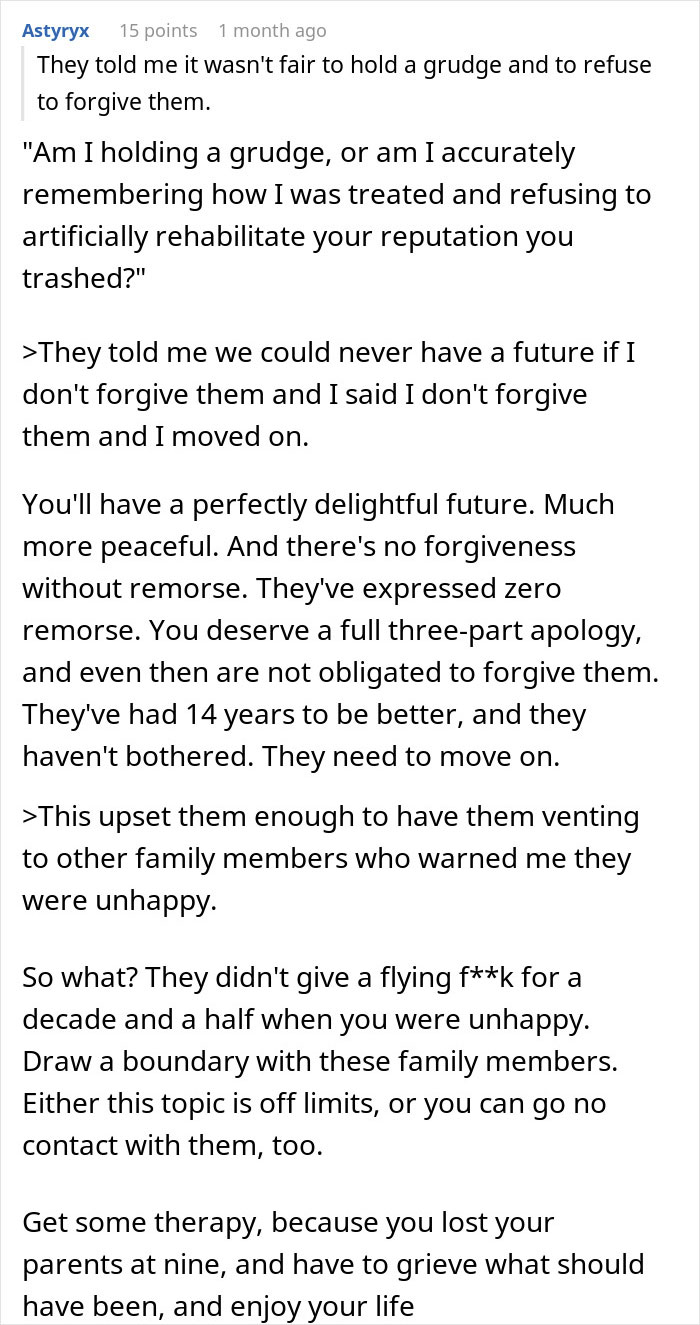
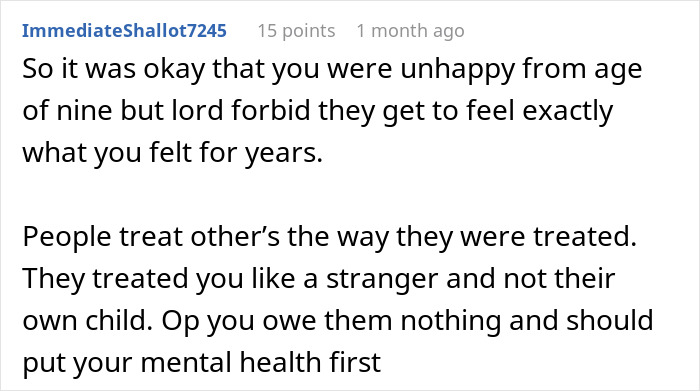
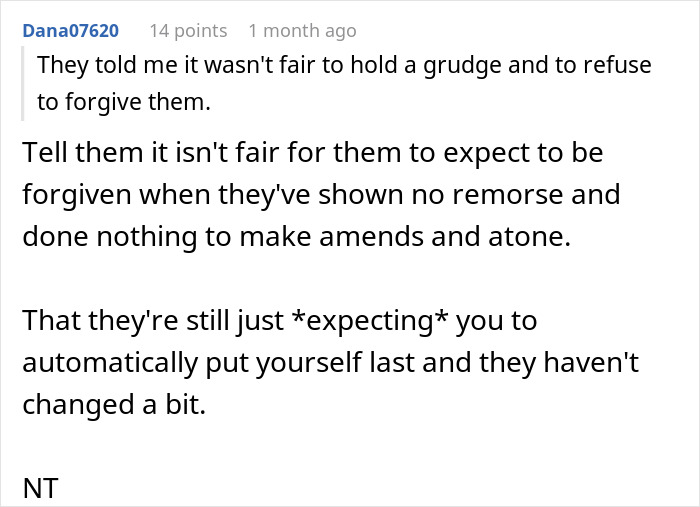


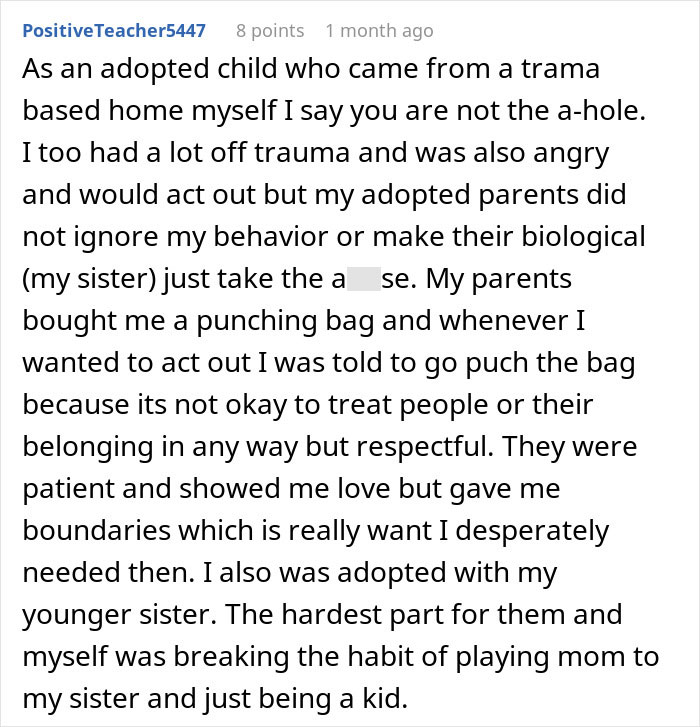
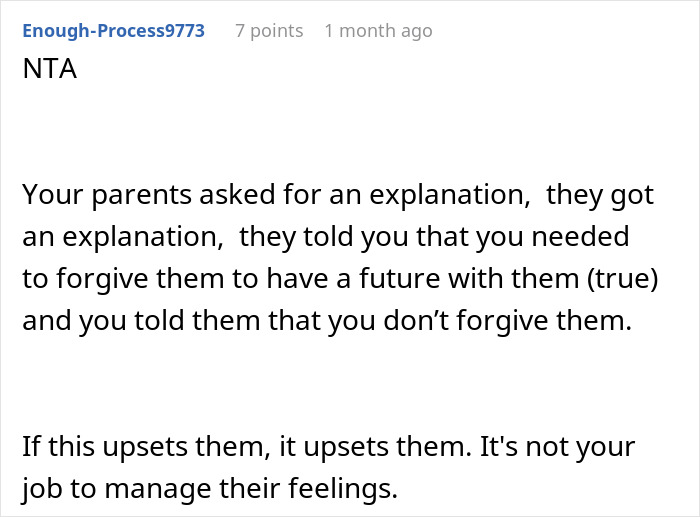

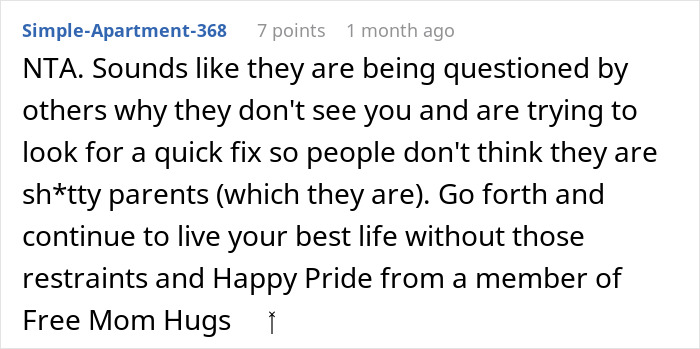


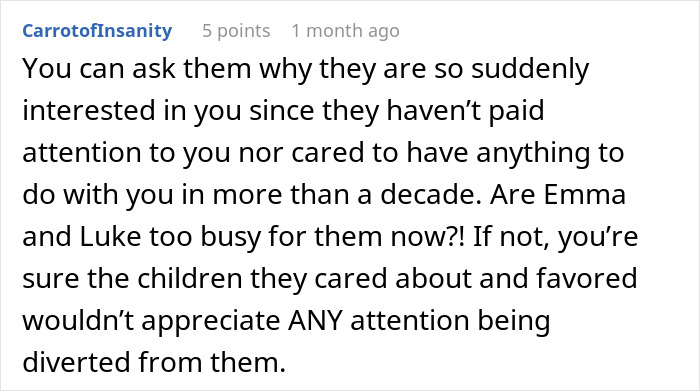
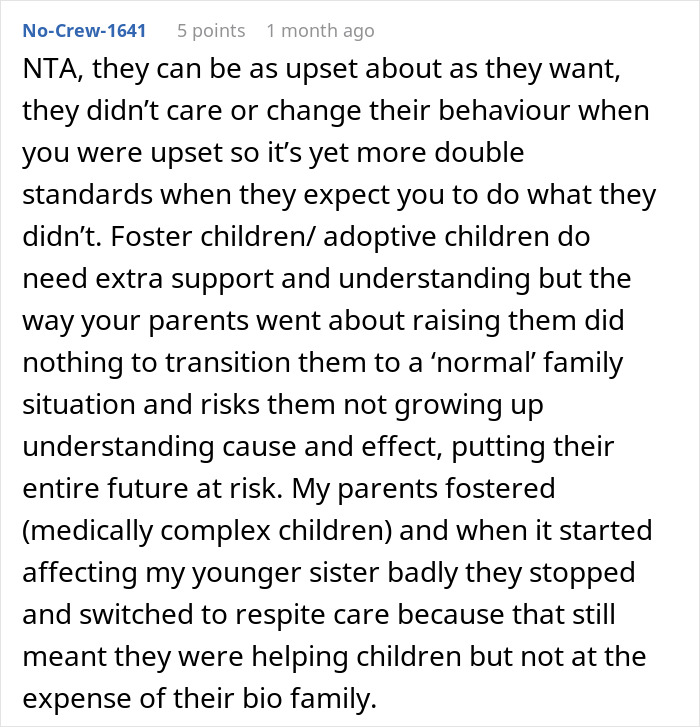
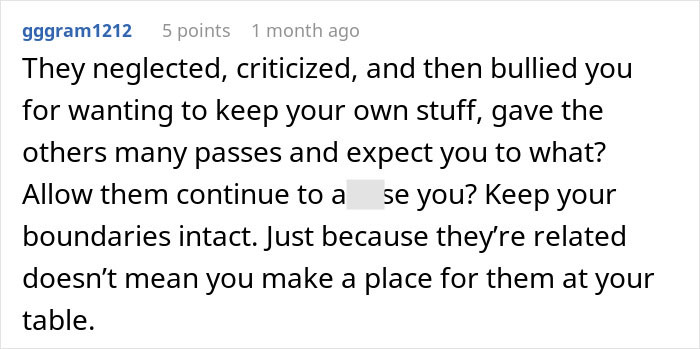
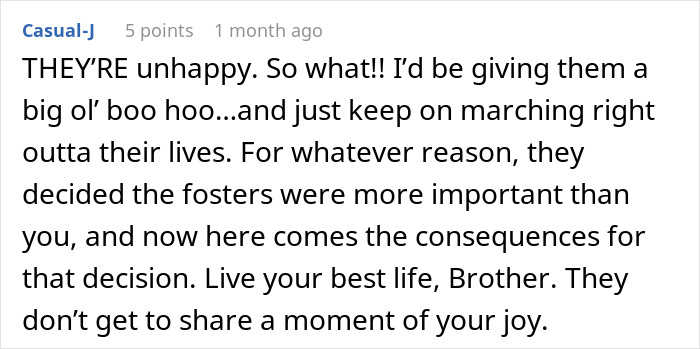

from Bored Panda https://ift.tt/otkvTfd
via IFTTT source site : boredpanda